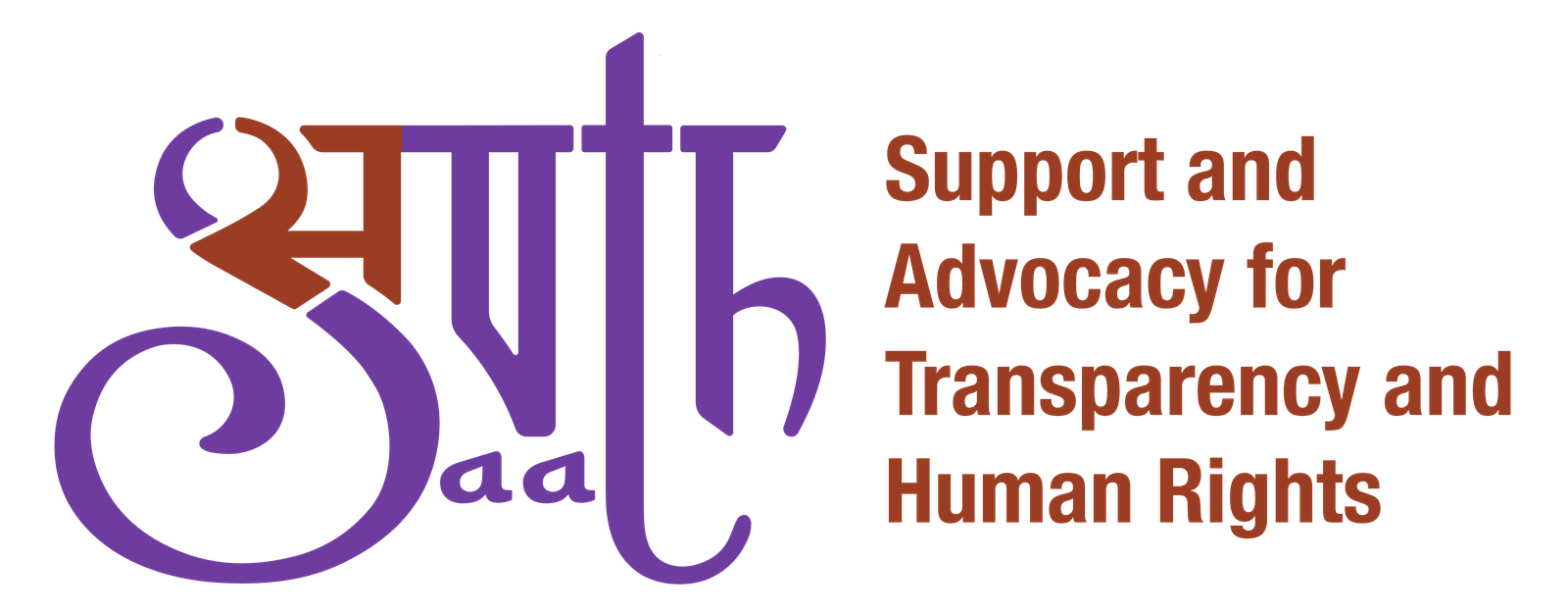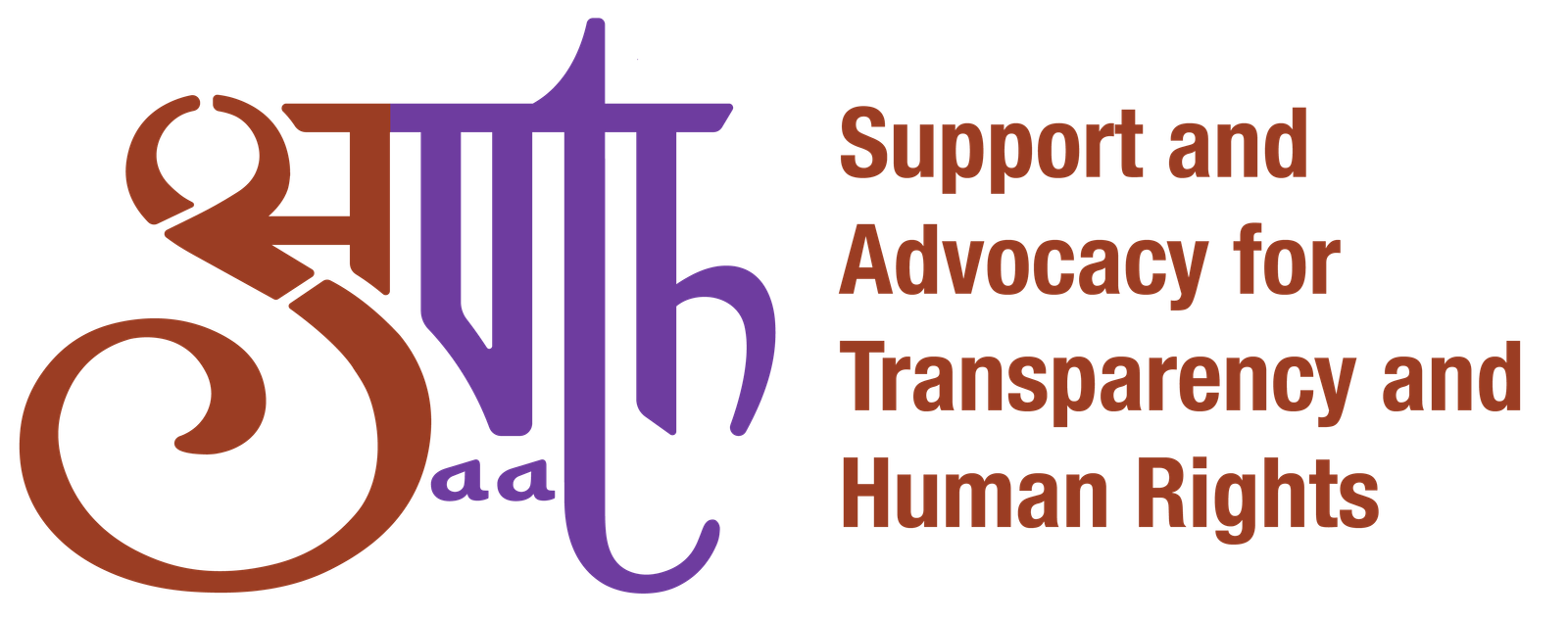India was one of the top 5 countries for whistleblowing tips to the American market regulator, the Securities and Exchange Commission (SEC), according to the agency’s 2023 Annual Report. These tips may have concerned the 14 Indian companies listed on the U.S. Stock market or any of the multitude of companies listed in the U.S. that have operations in India. It is clear though that India has taken up a larger chunk of whistleblower tips in the US in comparison to previous years. Part of this draw may be the SEC’s large awards to whistleblowers.
Back home, the Chief Vigilance Officer of the Securities and Exchange Board of India (SEBI) reports that an average of 30,000 whistleblower complaints have been received. Unlike the American SEC, the SEBI lacks a robust bounty mechanism. Lawmakers have also been dragging their feet on creating a robust regime for public interest disclosures against government corruption and corporate wrongdoing. Thus, for the moment at least, Indian whistleblowers have felt the need to divert their complaints overseas.
One association of whistleblowers is with political scams and corruption at the public governance level. Currently, a 2004 resolution on Public Interest Disclosure and Protection of Informers is functioning as the only framework encouraging complaints related to government personnel’s misuse of power. This was supposed to be a stopgap measure until proper legislation, which came ten years later in the form of the Whistleblower Protection Act, 2014. The Act has however not been notified. Instead, the conversation around operationalizing it went into the territory of a now lapsed amendment that could have completely obfuscated the Act – by mandating only those disclosures that would be discoverable under the Right to Information Act.
The other association of the term whistleblowers is for persons that help expose the unethical practices within the fiefdoms of various privately owned enterprises. We are in India’s fourth decade as a free-market economy. It is now clear that fraud and wrongdoing that harm the public need not have anything to do with government officials. Financial misreporting, intentionally skirting safety or health laws, and fraud by corporate entities impact the public even when they don’t come under the legal definition of “corruption.” Centralization of power since the unnotified 2014 Act has also meant that in the name of fighting corruption, selective wrongdoing is exposed and amplified while other conglomerates’ actions stay untouched. This is where the American regime may be of help.
What can be done?
Insiders are key to exposing corporations that craftily skirt the law for profit or because of the cost of compliance. This is likely why SEBI has been flooded with complaints. In the backdrop of aggressive privatization of government operations, the functioning of private entities can get even more opaque, and their misdeeds even more complex. Whistleblowers can help bring some transparency to the privately-run enterprises that run the global economy.
One space accountability-spirited persons can access is the corporate governance efforts encouraging internal whistleblowers. Between SEBI regulations and the 2013 Companies Act all listed companies and unlisted companies with public deposits or large borrowings (above Rs. 50 Crore) are required to have internal whistleblowing policies styled as vigil mechanisms to capture corporate wrongdoings.
But internal whistleblowing may work against employees. Internal mechanisms can sometimes be used to bury a complaint or report of wrongdoing. Sometimes employees need to be able to investigate or escalate concerns outside a company to bring unethical practices to light. However, there is an enormous professional and personal risk in making disclosures of wrongdoing against a big player or one’s employer. Often, these risks prove too great, and whistleblowers stay silent.
This is why financial incentives to do the right thing are useful. And SEBI does have whistleblower reward mechanisms in two limited scenarios: First, for anyone who can expose insider trading, SEBI offers a reward to the maximum of Rs. 10 Crore. And second, for any original information about the assets of a “difficult to recover” defaulter. These limited reward mechanisms suggest some recognition of the key role that financial incentives play in encouraging insiders with knowledge to come forward.
This is where the United States tries harder – with the sporadic reckoning of its creation of unfettered capitalism. Under U.S. securities laws, whistleblowers are also looking at a reward of 10-30% of a successful SEC case that yield penalties over a million dollars. And in addition to its securities whistleblowing scheme, the United States’s False Claims Act also incentivizes at least 15% reward for useful information that exposes substantial fraud against US government agencies and programs. The entity whose wrongdoing is exposed does not even have to be a US-listed entity – for example US customs fraud gets exposed by whistleblowers in the know of the accounting practice of entities exporting to the US.
Why are Indian Whistleblowers turning to the United States?
Indian whistleblowers are already actively accessing these U.S. reward regimes. Ten years ago, an Indian executive blew the whistle on Ranbaxy’s violations of American health and drug laws, exposing its dubious manufacturing of generic drugs. The United States awarded him Rs. 244 Crore under the False Claim Act.
This reward is doubtless the tip of the iceberg. The SEC’s annual report demonstrates that Indians have actively accessed the whistleblower tips complaints and referral mechanism under American securities laws. This is possible because as long as a company happens to be listed in the US, even non-residents and non-citizens with information on misconduct suggesting a U.S. securities law violation can access the SEC whistleblower program—and even if the violation occurred outside the US. Potential violations include financial misreporting, insider trading, or even bribery. With so many U.S. companies and other foreign companies with Indian operations listed in US stock exchanges, it is possible for the thrust of global corporate accountability to come from India via U.S. law.
With the appropriate protections and incentives, we are likely to see a rise in public-spirited Indian whistleblowers. These whistleblowers play an indispensable role in tempering the worst abuses of the “free” market economy.


